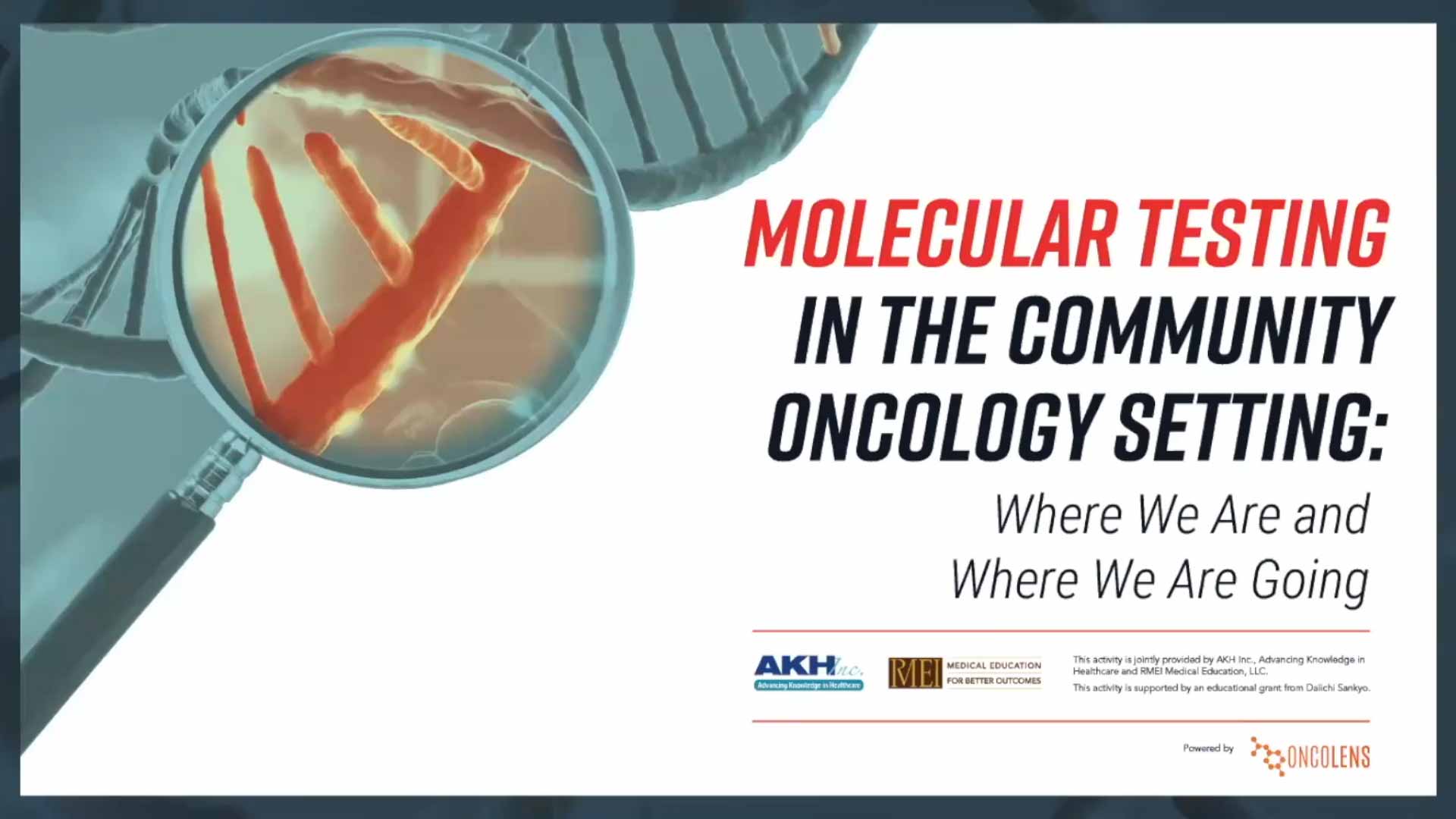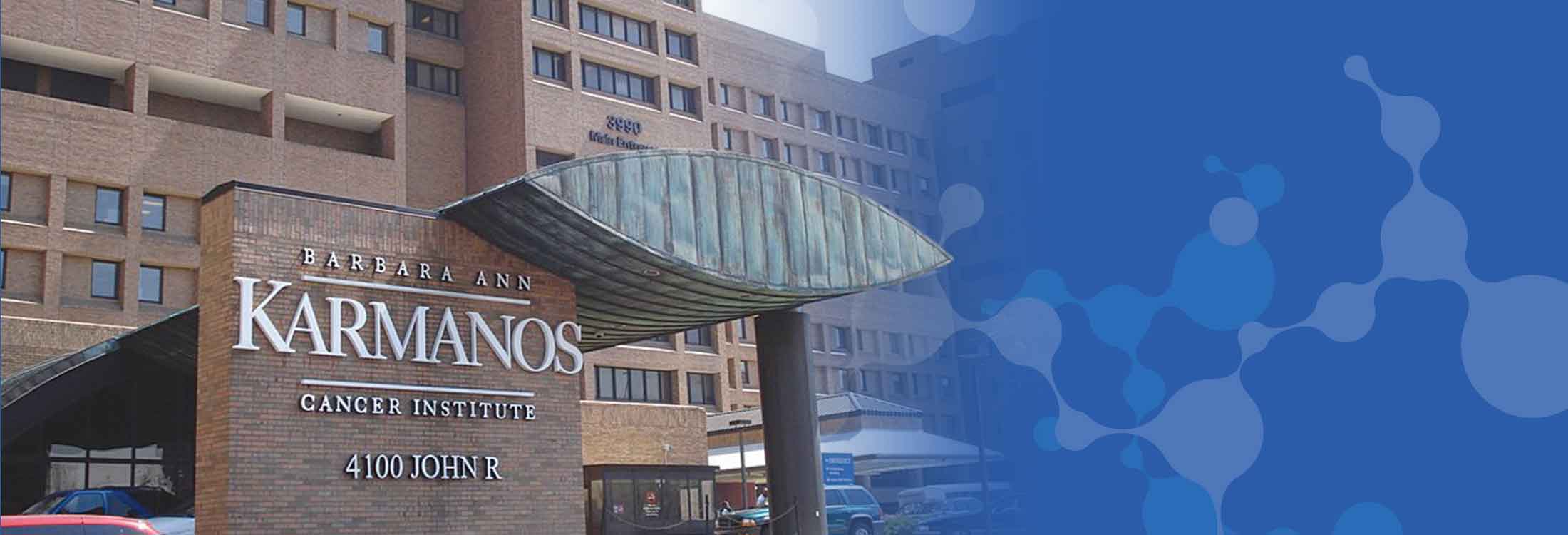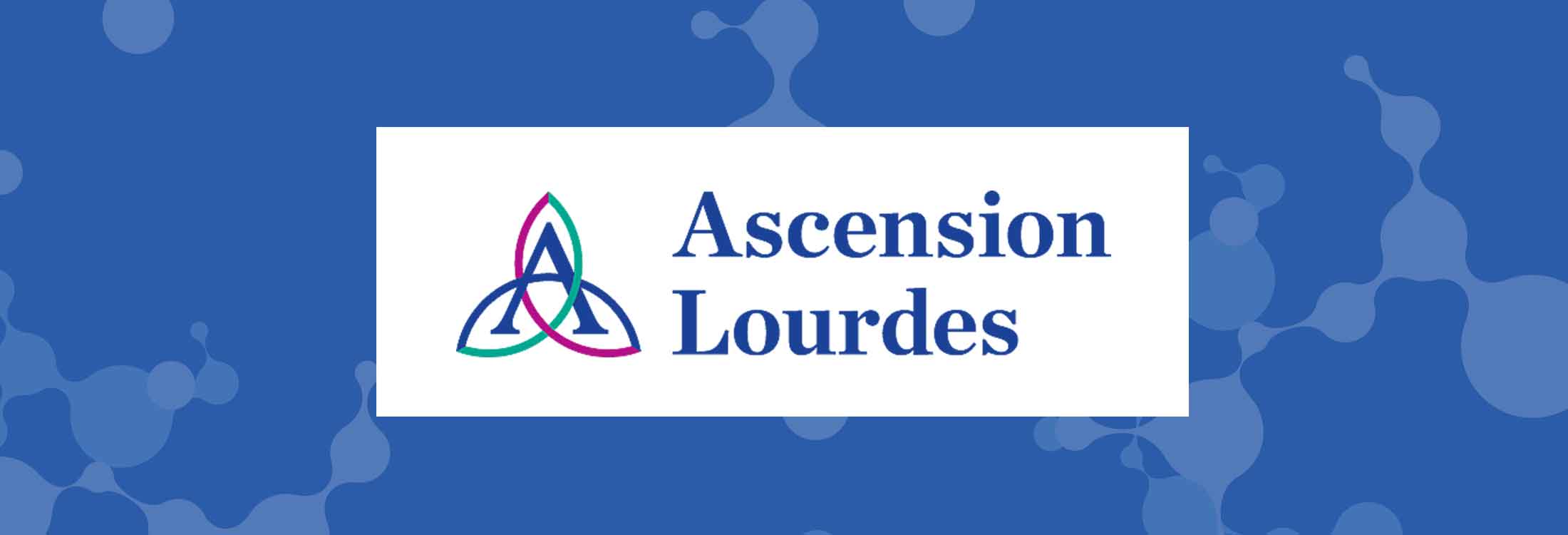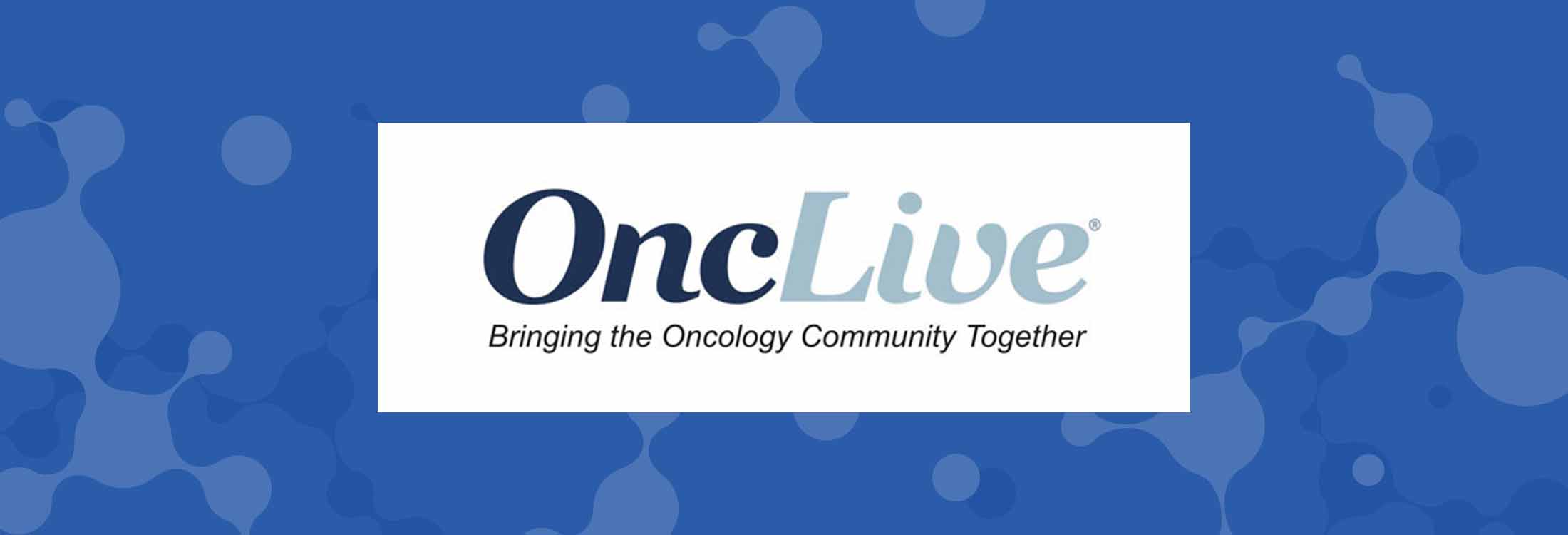Eric Brown, MD, FACS, discusses how breast oncologists and surgeons have adapted to overcome the challenges presented by COVID-19 and continue to deliver the best care to patients as the United States begins to re-open.
As states begin to reopen amid the novel coronavirus 2019 (COVID-19) pandemic, it’s important to consider how to continue to deliver the best care possible for patients with cancer, according to Eric Brown, MD, FACS, especially as operating rooms (ORs) begin accepting patients for essential surgeries of varying priority while preparing for the outbreak’s inevitable second wave of cases.
As of May 2020, Brown, Breast Program Lead in Comprehensive Breast Care, a division of Michigan Healthcare Professionals shared that he and his colleagues are once again performing breast cancer surgeries. However, nonessential or elective procedures, such as breast augmentations, are still not being performed yet.
For those patients with breast cancer who do come in for procedures, strict measures have been put in place to ensure the safety of staff and patients alike. While other hospitals have implemented COVID-19 screenings within 48 hours of a procedure, Brown’s hospital is responding by handling each patient as though they have already tested positive for the virus. To this end, personnel are required to always wear N95 face masks, entrance has been restricted during intubation and extubation, and, perhaps most significantly, family members and companions who would normally be allowed in the pre-operative area and recovery rooms are now being asked to wait at home until contacted by a doctor or nurse.
Determining which patients should receive priority for surgery is also being considered differently than it has been previously. “Many patients, especially with hormone-positive cancers, have been placed on anti-estrogen therapy in the neoadjuvant setting prior to doing any surgery, and those patients will generally have less aggressive types of cancers. As such, in terms of prioritizing, those patients were given at least the option of delaying their surgery a little bit,” said Brown.
Additionally, patients with HER2-positive or triple-negative disease who have finished their neoadjuvant chemotherapy are most likely to be considered top priority with regard to surgery, added Brown.
In an interview with OncLive, Brown discusses how breast oncologists and surgeons have adapted to overcome the challenges presented by COVID-19 and continue to deliver the best care to patients as the United States begins to re-open.
OncLive: How would you describe the COVID-19 situation in Michigan?
Brown: In Michigan, especially southeastern Michigan, we got hit very hard and many of the hospitals were actually above capacity. Many patients from hospital A would actually have to be transferred to hospital B because there just weren’t enough ventilators and support available for them. Fortunately, we’re over that. Our ORs are now open to [perform] essential surgeries. We’re not quite open to nonessential surgeries. In my world, we’re doing breast cancer surgeries, but nobody would come in for, say, a breast augmentation just yet. We have ventilators [not being used by] patients in the hospital now, so hopefully we are on the downside of this tragedy and crisis in Michigan, at least for now.
What are some of the precautionary measures that have been implemented at your institution to protect patients who come in for treatment?
It goes back to having not only capacity from a staffing perspective, but [also] equipment and testing. What we would like, and what some of the societies across the country have recommended, is that all patients who come in for elective surgery be tested [for the virus] within 48 hours. Our hospital doesn’t quite have the capacity to do that yet. To this end, we’re basically treating every patient as though they are positive [for the virus]. In other words, N95 masks are being worn by all the staff; people are out of the room during intubation and extubation; and no families are allowed into the pre-operating area or the recovery room. In fact, what is new is that we’re actually allowing families and companions to wait at home.
This is nothing like we would do prior to the COVID crisis; there had to always be somebody at the hospital. However, I just finished a case and called the husband who was waiting at home, and then the recovery room nurse will call when we’re about ready to discharge. So, that’s all new. Treating patients as though they were positive is probably the smart thing to do, even if you can do testing within 48 hours of procedure.
How are you personally prioritizing patients for pauses in treatment versus delaying surgery in breast cancer?
That has been a big challenge for us and certainly a responsibility that we’ve never really faced before as breast surgical oncologists. Once the doors open again [we have] to decide who can have their surgery and who needs to wait. Oddly enough, I’ve had several patients who were actually a little nervous about [not] coming back to the hospital. As we explained to them when we chose this neoadjuvant approach, that it was safe, we found that they were comfortable sticking with it a little while longer.
Some of the patients who have finished their neoadjuvant chemotherapy during this time are really some of our top priority patients to get into the OR. We don’t really have a lot of data that says you can wait X number of weeks to do their surgery. We typically wait 3-4 weeks post-chemotherapy, so that their blood counts can come back up to normal. However, waiting 6, 8, up to 12 weeks, is a little unnerving. With some of our patients with HER2-positive disease who [reached] the end of their chemotherapy mid-crises, many of our medical oncologists have kept them on HER2-targeted therapy only to bridge this timeframe. Those would be our top priority because we don’t traditionally do that; it’s kind of a little bit more outside of the box. We want to get them in first.
Then, the patients with triple-negative disease who had finished their chemotherapy are also our top priority in terms of getting them into the OR. From there, we look at general clinical features of tumors, gage of tumors that are estrogen-sensitive in patients who have been on neoadjuvant endocrine therapy. Fortunately, the hospital is not allowing many of the surgeries to be done outside of the cancer specialty. As such, we have a lot of times in the OR available for us. [Our institution has also arranged for] the ORs to be open a little longer, so we don’t really have a backlog that [would suggest that] prioritizing is going to be a major issue — waiting a week versus waiting another 3 weeks is about the gist of what that delay is going to look like.
Several institutions and organizations have been releasing guidance to help inform the field during such a challenging time. Are you utilizing any specific resources to inform treatment modifications for your patients or are you basing your decisions on personal experience and the data that are available?
Essentially, [everyone is] kind of winging it. What we’ve done in our group is, we’ve followed the recommendations that have been put out by the American Society of Breast Surgeons and they did that in tandem with the National Comprehensive Cancer Network. To be honest with you, hospitals, as an entity, they don’t really know. Administrators don’t really know. They really rely on the doctors to do that and to find a way to prioritize, in terms of getting surgeries back in the OR. In terms of the treatment that we’ve done along the way, we’ve continued to meet weekly with our multidisciplinary tumor board—we do that virtually. That’s been extraordinarily helpful to keep things going in terms of that multidisciplinary input.
When we choose a neoadjuvant endocrine approach, whether we get genomics on those patients or not, that’s kind of a collaborative discussion amongst our tumor board group. Getting those patients back into surgery becomes more of a surgeon medical oncologist decision based on who [we] deem to have more of an urgent need versus not. The hospital, per se, at least in my experience, has not really gotten involved; they also haven’t gotten in the way either. In Michigan, we did have a time where I had a whole month where I wasn’t doing any surgery; that’s because we weren’t doing any elective or non–life-threatening surgery where someone might die within a day if they don’t undergo the procedure. Most residing in areas with a high volume of COVID-19 have followed that same [approach].
There wasn’t great guidance nationally getting into this and there really hasn’t been that great guidance coming out of it. However, as a general rule, physicians have done a pretty good job of organizing themselves, communicating amongst each other, and really collaborating with the hospitals.
What are some of the personal and even institutional challenges that you find yourself facing recently in light of the pandemic?
The personal challenge is from a breast surgical oncologist perspective. I haven’t been in the intensive care unit in—I can’t remember the last time. I haven’t managed a ventilator in—I can’t even remember the last time. In the midst of this, it really was [difficult] from an emotional standpoint because you felt kind of useless. We’re in a big institution where we have many doctors who volunteered and had experience that they brought to the table. Taking temperatures was basically the only thing we could do, so we kind of felt on the sidelines there, and that’s hard. Most of us have this innate sense of wanting to help and this is the doctor’s [version of] 9/11, if you will; [we] really [wanted to] step up and there wasn’t a lot that we could do. As such, we focused on taking the right care of patients as being our contribution to that [battle]. Personally, I can’t speak for anyone else, but that was a little difficult to grapple with at first. We feel now, that it’s our time to shine, to get people back into the OR, prioritize appropriately, and hopefully, put this behind us.
Speaking more about the toll caused by this crisis, could you speak to the emotional ramifications of the pandemic on providers and patients?
Well, patients, clearly, are scared. Their feeling is that they’ve had bad luck getting diagnosed, and then they get diagnosed at a time when everything is up in the air. Our approach, when we’ve consulted with patients, was to be really honest and say, “We’ve never done this before.” We’ve never had a time that we couldn’t operate, and we had to worry about chemotherapy during a time when infection was even more worrisome then it has been traditionally. On top of which, you want to be healthy, you want to exercise, and you want to eat well. However, you can’t go to the gym, going to the grocery store is a challenge because everybody has got to gear up for that, and, on top of everything, you can’t turn the news on any channel without getting some comment on this. Anyone who checks their email are getting recommendations and suggestions from everywhere. [Messages are] not just [coming from] medical societies, but Target and Meijer gas stations, [are saying] what they are doing about COVID-19.
It’s like you can’t get away from it, so you kind of get exhausted just from that alone. Then, there’s the physicians. We struggle because we don’t want to compromise care. In my world, these women with breast cancer, and some men, are going to have their breast cancer beyond this. We don’t want to lose sight of the fact that we do have a crisis on our hands, but we don’t want to jump too far outside the box. It’s a daily struggle. Then, of course, all of us have families, and if you’re older and you have kids in other parts of the country, you worry about all of them, so this takes its toll on everyone. On the frontlines, as cancers go, you deal with high-level stress every day and you don’t have all the answers now so that’s more stressful for the patients and more stressful for the doctors.
[We] pretty quickly got up and running on a platform called OncoLens, which is a platform for putting together virtual meetings. It was made by an oncologist, so a lot of thought went into this. It was around and being developed prior to [the pandemic] and it really allowed us to collaborate amongst all the doctors.
Looking forward to when people start going back to work or to school, and things start to open back up. Are any conversations happening at your institution or even between you and your colleagues regarding what this might look like? How are you strategizing for this?
We have talked a lot about it, and we’re obviously going to be more prepared the next time, as you would be with any tragedy or crisis. One of the things that our group has talked about is to create a COVID-19–free outpatient center. [We would] have much more strict guidelines to work there and for patients to have procedures done there. Hopefully, it won’t be as bad as this first time through, but maybe then we won’t have to delay surgeries on patients with cancer. In the context of that, maybe not doing elective breast augmentations, but even the symptomatic hernia that the general surgeons are dealing with.
Rather than having to wait and hope, if it’s someone you normally would have operated on sooner rather than later, this might provide them with an opportunity and a place to do that; that’s safer. Obviously, we’ll have more testing available, a [quicker] turnaround, the antibody testing, the ventilators shouldn’t be a problem because everybody is making them now. We should really be ahead of this time, but every time will pose new challenges and things you didn’t think about from the last time, I’m sure.
But again, one of the things we talked about was trying to create this, for lack of a better way to put it, COVID-19–free space that’s outside of the hospital in an outpatient area where some of these patients that we would really rather operate [on] sooner rather than later can get their procedures done.
What is your advice to your colleagues who are trying to navigate all of these challenges?
Cancer, in general, is a multidisciplinary [field]. Anyone, [whether you specialize in cancer of the] breast, colon, what ever, you have to collaborate and talk with your colleagues. Keeping those lines of communication open is certainly key. [We] pretty quickly got up and running on a platform called OncoLens, which is a platform for putting together virtual meetings. It was made by an oncologist, so a lot of thought went into this. It was around and being developed prior to [the pandemic] and it really allowed us to collaborate amongst all the doctors. We could view images, we could view reports, it was an easy way to collaborate and continue doing our multidisciplinary tumor boards on a weekly basis like we had done. The platform really is very robust; its [creators] thought of everything. We’ve actually found that since we’ve started doing the tumor boards virtually, our attendance is higher because people can just be in their office, log in for an hour, and they don’t have to drive to anywhere.
We have typically over 20 people, including plastic surgeons, who are listening in and commenting in the multidisciplinary tumor board and there are other avenues to that. We have collaborated with OncoLens and they were great at getting us up and running very quickly; it has been very seamless and very, very robust. It’s just like nothing has changed except for the fact that we have many more people involved. [In terms] of what others can do, is that patients deserve that multidisciplinary care and the more you can keep that [care] constant, the better. Then, it’s not all falling on 1 person to decide how to navigate the crisis; you’re still working as a team and getting input from everybody. Most people in oncology learn something new with every tumor board they attend; it that allows that to just continue.








